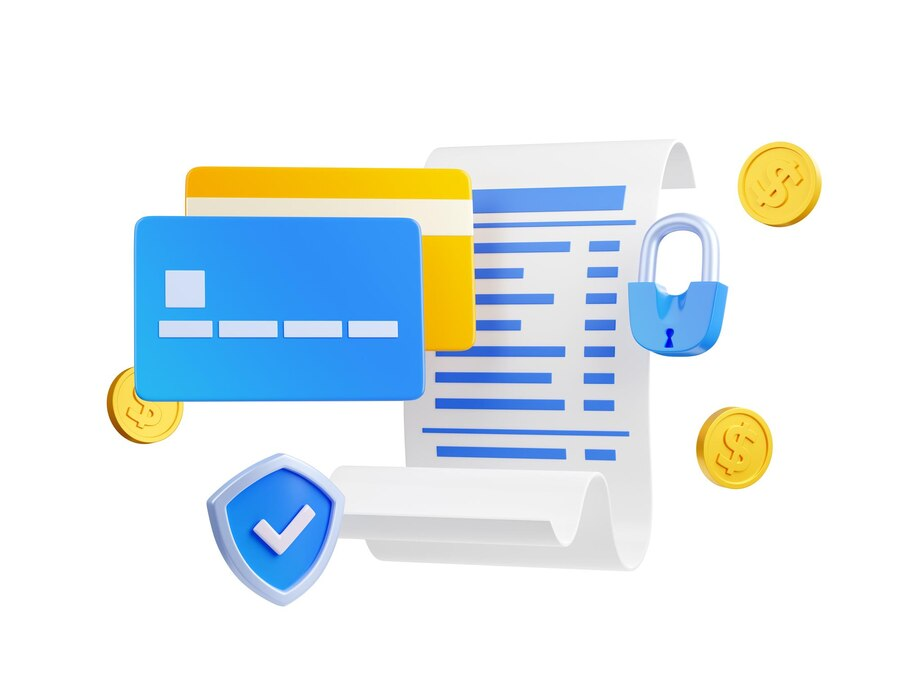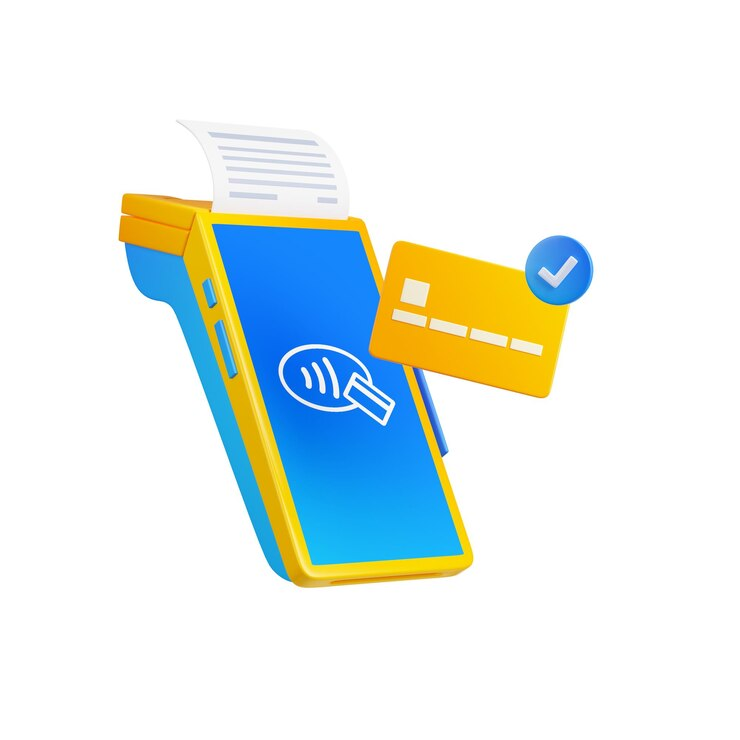Comments
- No comments found

A payment gateway is a crucial part of modern e-commerce business.
It provides businesses with a secure means to process customer payments online. This technology has enabled trillions of dollars worth of online transactions every year.
Knowing about payment gateways is significant for any business dealing with products or services online. This article will explain what payment gateways do, how they work, their key advantages, and some of the top providers to check out.

A payment gateway is an e-commerce application service provider technology that authorizes credit card or direct payment processing for e-businesses, online retailers, brick-and-mortar establishments, and other companies. In addition to off-the-shelf software solutions, it is also possible to develop custom software of this type - visit webpage to learn more about it.
The payment gateway securely facilitates the transfer of payment and transaction data between a customer's bank and the merchant's bank to complete online transactions.
A payment gateway is a service that acts as a middleman between an online business and a bank that processes payments made by customers. Here are some of its key functions:
Secures customer payment details in an encrypted format - The gateway intercepts the customer's sensitive credit/debit card and banking details and encrypts them for transmission between parties.
Authorizes the transactions - The gateway will then contact the issuing bank, card network, or other payment network to check the transaction amount and complete the payment.
Settles funds to a merchant account - After authorization, the gateway then makes fund deposits to the merchant’s bank account while keeping the payment information confidential.
Complying with regulations - The gateway must meet security regulations and industry compliance standards such as PCI DSS to guarantee the secure management of sensitive client data.
Offers reports - The majority of payment gateways have reporting tools and dashboards that display transaction history, statistics, and other information.
Here are some of the top reasons online businesses need payment gateways:
No need to get a merchant account - The payment gateway handles the banking and compliance aspects so merchants don't have to secure their merchant accounts.
Accepts multiple payment modes - Gateways enable the acceptance of different payment modes like credit cards, debit cards, bank transfers, and mobile wallets.
Flexibility - Businesses can use a gateway's API or plugins to integrate payment acceptance into their chosen platform, shopping cart, or custom website.
Enhanced security - Gateways keep sensitive financial data encrypted and away from the merchant's servers. This reduces risk and compliance overheads.
Global reach - Gateways enable a business to accept payments from customers anywhere in the world without setting up local entities.
Cost efficiency - Using a third-party payment gateway is often more economical than managing payments in-house.
A payment gateway is a connector between the company's website and the credit card issuing bank which is also referred to as the issuing bank or simply the issuer. This is a complicated, multi-step process that guarantees the safety, correctness, and efficiency of the transaction. The payment gateways play in the backstage role of moving cash and protecting sensitive customer data.
Payment gateways apply a multi-step process to enable transactions between buyers and online businesses. Here is an overview of the key steps:
The process starts when a customer buys a product or service from an internet business that uses a payment gateway. They choose their favorite payment method and enter their card details such as card number, expiry date, and CVV code.
The payment gateway's hosted payment page collects the customer's payment details, encrypts them using algorithms like TLS or SSL, and stores them securely. This protects sensitive card data from compromise.
Behind the scenes, the payment gateway checks that the customer has sufficient funds and confirms the validity of payment details by contacting the issuing bank or relevant payment network.
Upon authorization, the gateway facilitates the actual transfer of funds from the customer’s account into the merchant's bank account. This is done through communication between the two banking systems.
The merchant is informed when the payment succeeds or fails so it can confirm the order and ship purchased items to the customer. Most gateways also send an email receipt to the customer for their records.

Payment gateways provide a secure portal for clients to update and manage their recurring billing information. To maximize their investment in modern subscription billing, those making the necessary arrangements must make sure all the pieces fit together.
Here are five advantages of payment gateways.
Gateways keep sensitive customer data encrypted and away from the merchant's servers. This provides superior security and reduces the risk of compromise via cyber-attacks compared to self-managed payments.
By supporting preferred payment methods, easy checkout, and sending email receipts, payment gateways facilitate faster, simpler, and more satisfying payments for customers.
Establishing in-house payment processing requires applying for a merchant account, achieving PCI compliance, integrating payments, and managing disputes/chargebacks. Payment gateways handle all this at very competitive rates.
Most payment gateways provide user-friendly reporting dashboards offering transaction history, statistics, reconciliation reports, and other data to streamline accounting while optimizing sales.
Reputable payment gateways have advanced infrastructure, redundancy, cybersecurity, and round-the-clock monitoring allowing merchants to reliably scale without service disruptions.
With a variety of payment gateway solutions available, it is worth comparing options to determine which best fits your business requirements and budget. Some top providers to evaluate include:
Stripe is an industry-leading payment gateway used by millions of online businesses. It offers easy integration, customizable checkouts, support for global payments, built-in fraud protection, and excellent analytics. Stripe charges competitive transaction fees with no monthly fees.
As one of the longest-running online payment companies, PayPal also offers robust gateway services. It enables merchants to accept payments via PayPal as well as traditional payment methods. Fees are very competitive with volume discounts available.
Authorize.Net from Visa provides customized integration options catered for small and large companies. It offers top security, extensive developer tools, and support for recurring billing/subscriptions. Transaction fees start at 2.9% +$0.30 per transaction.
Braintree focuses strongly on mobile payments while still catering to e-commerce transactions. It provides native SDK integration for iOS and Android to optimize checkout on mobile apps. Transaction fees start at 2.9% + $0.30 per transaction.
A payment gateway is the core element of a secure online transaction process between customers and e-commerce companies. The right payment gateway would enable omnichannel payment, better data security, and useful analytics as well as improve customer experience.
Among the main contenders are Stripe, PayPal, and Authorize. Net, Braintree, and other payment solutions simplify the process of payment acceptance for online businesses of any size. Comparing providers according to the platform fit, payment methods, reporting tools, and the ultimate value for money is a good idea before implementing a payment gateway that is tailored to your business needs.
Leave your comments
Post comment as a guest